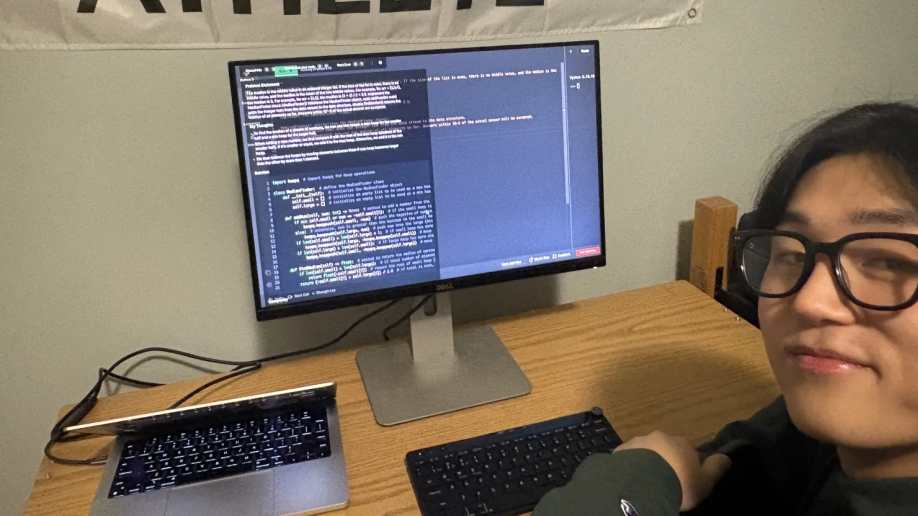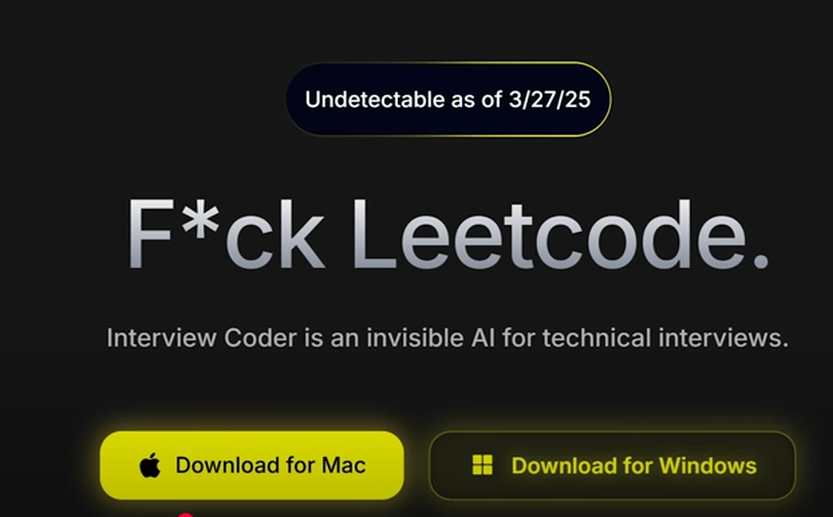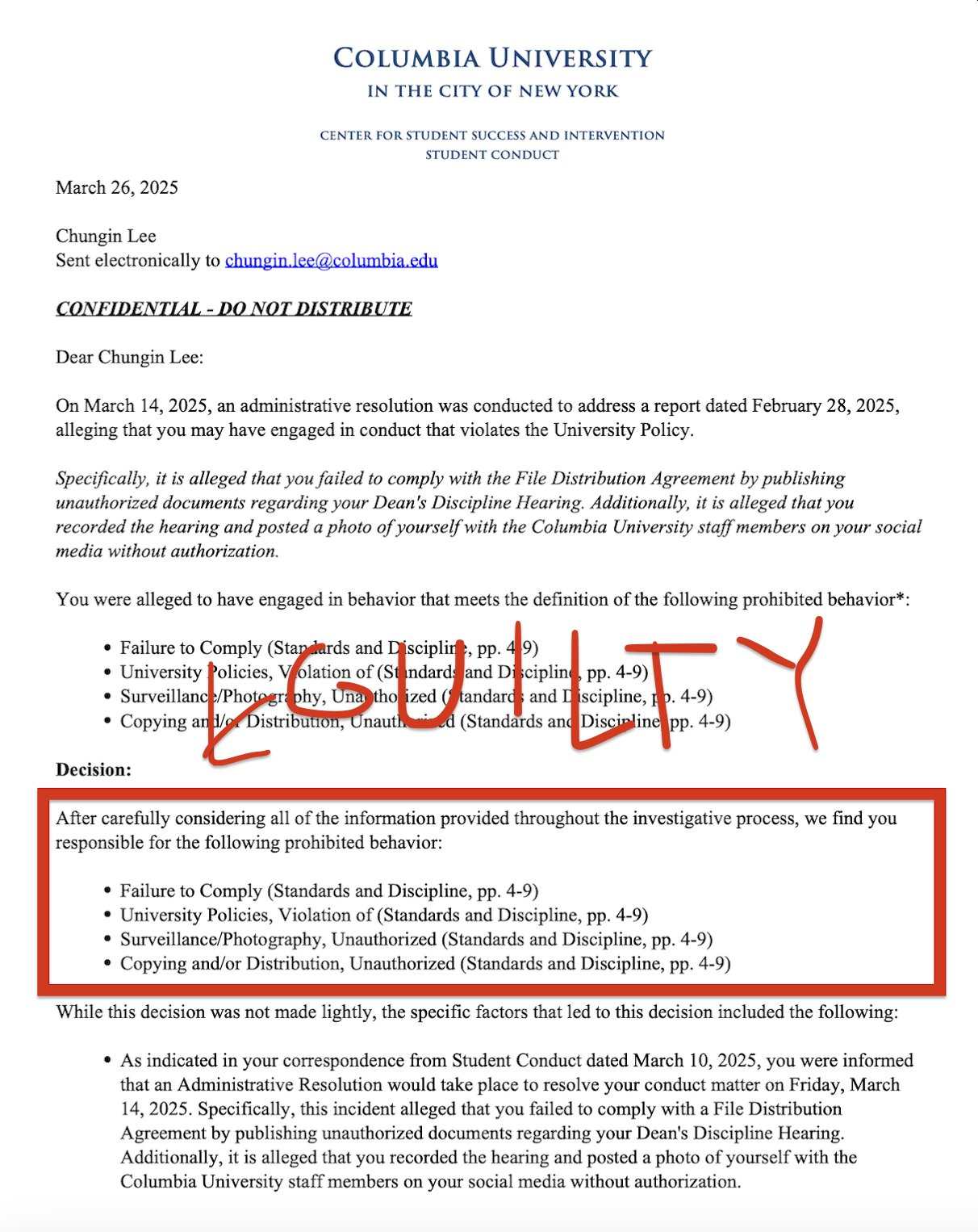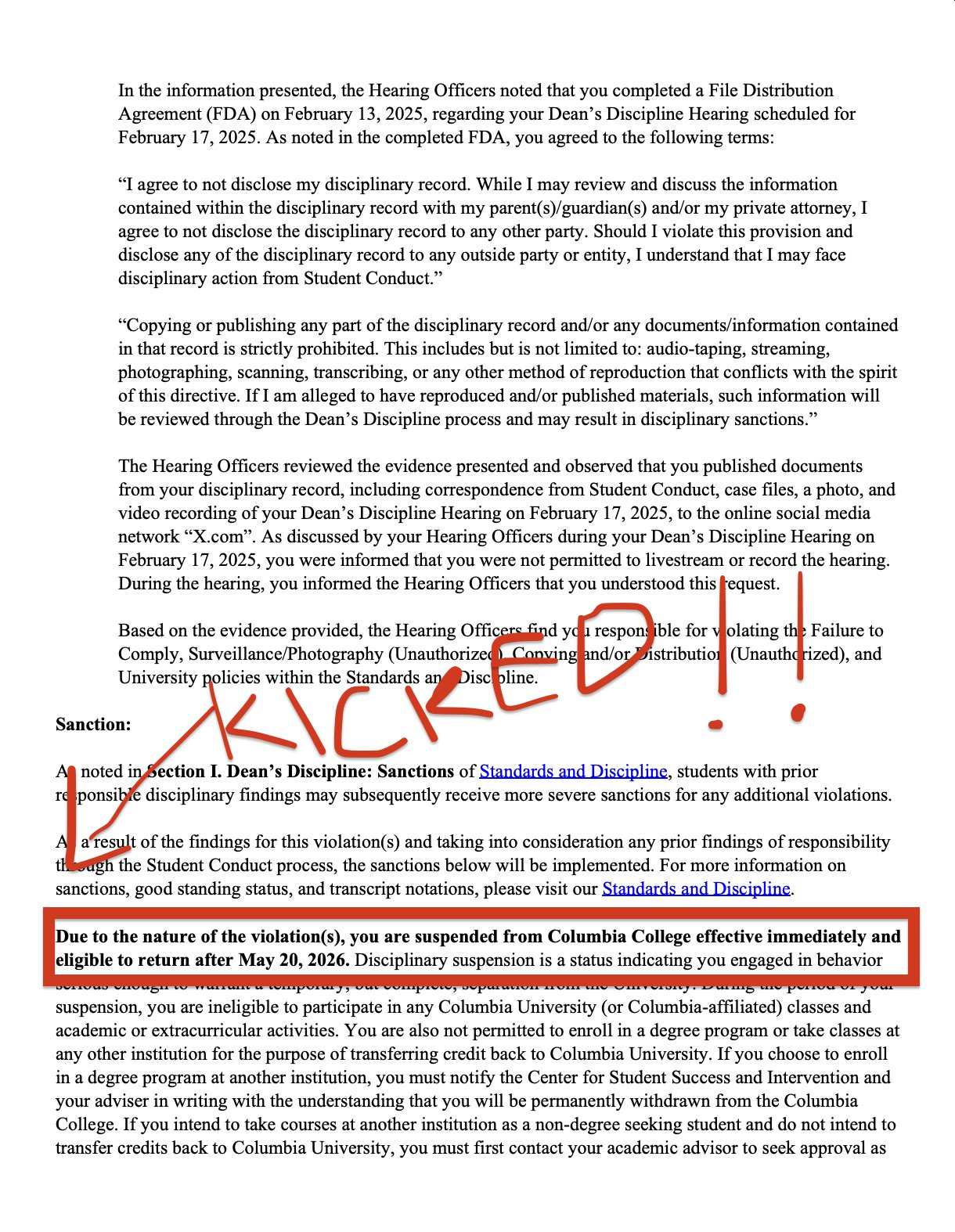This 21-year-old built an AI to cheat LeetCode tech interviews, landed FAANG offers, then got kicked out of Columbia

What happens when a college kid builds an undetectable AI to beat the interview system everyone hates?
That’s the story of Chungin “Roy” Lee, a 21-year-old computer science student at Columbia University who decided to go after what he saw as a broken system: tech interviews based on LeetCode challenges. Frustrated by the grind, Roy created Interview Coder—a tool that didn’t just help candidates, it cheated for them.
Columbia Student Built AI to Cheat LeetCode-Style Tech Interviews, Gets Kicked Out and Blacklisted by FAANG
Yesterday, Lee was officially kicked out of Columbia University—and not for slacking off in class. He got expelled for building an AI tool that allowed people to cheat during technical interviews. The app called Interview Coder, was written in JavaScript, and ran as an undetectable overlay during live interviews on platforms like Zoom and HackerRank. It fed candidates real-time answers, evading all the usual detection software.

He Built It, He Used It, He Got Caught
Roy didn’t just build the tool—he used it. He landed offers from top-tier companies like Amazon, Meta, TikTok, and Capital One. Then he made a YouTube video breaking it all down: how the tool worked, how he used it, and how easy it was to fool the system. The video went viral.
That’s when things unraveled. Amazon tried to scrub the video from the internet and reported him to Columbia. The university suspended him, then expelled him.
What Interview Coder Actually Did
Interview Coder was priced at $60/month and, according to some reports, was on track to generate over $2 million in revenue. The tool scanned technical problems in real-time, ran them through a large language model, and displayed solutions in a subtle, human-like way. It even moved the cheat window on-screen so users’ eye movements wouldn’t raise red flags.
Roy wasn’t trying to hide what the Interview Coder was. He leaned into it. “I got offers from the big dogs,” he posted on X. “And I built this in a week.”
The LeetCode Problem
Anyone who’s ever applied to a tech job knows the drill: grind hundreds of abstract LeetCode problems so you can get hired to fix margins in a CSS file. Roy thought the entire system was broken.
“I spent 600 hours practicing LeetCode, and it made me miserable,” he told CNBC. “The point of the software is to hopefully bring an end to LeetCode interviews.”
The tool wasn’t just a shortcut. It was Roy’s way of calling out what he saw as an industry-wide failure.
The Fallout
The response was swift. Amazon accused Roy of cheating and selling his tool to others. Meta, TikTok, and other companies pulled their internship offers. Roy laughed it off on X: “Amazon execs r so mad LOLLL maybe stop asking dumb interview questions and people wouldn’t build shit like this.”
Columbia put him on probation for allegedly facilitating academic dishonesty. But when Roy posted screenshots from his hearing and leaked staff photos, the school hit back harder—with a full one-year suspension that quickly turned into expulsion.
“I just got kicked out of Columbia for taking a stand against Leetcode interviews,” Roy said in a post on X.
I just got kicked out of Columbia for taking a stand against Leetcode interviews.
Here’s the whole story (long thread): pic.twitter.com/Q7LPWjwyA7
— Roy (@im_roy_lee) March 27, 2025
Socal Media Reactions
Reactions online were all over the place. Some people called Roy a cheater. Others saw him as a hacker-hero who exposed a broken hiring system.
“You are legendary,” one user said. “Not because I want to cheat, but because I’ve wanted to destroy LeetCode interviews for years.”
Another warned: “Cheating on digital interviews will just force companies back to in-person stuff—worse for workers.”
Silicon Valley’s Response
Roy’s stunt didn’t just rattle Columbia. It hit Silicon Valley too. Google CEO Sundar Pichai has reportedly floated the idea of returning to in-person interviews to curb AI cheating. Amazon now requires candidates to confirm they’re not using outside tools. Deloitte and Anthropic have dropped remote tech interviews entirely.
The bigger question hanging over it all: if an AI can pass your interview, is your process really screening for the right people?
Roy’s Next Move
Despite the backlash, Roy isn’t retreating. He’s heading to San Francisco to grow his startup. “I don’t feel guilty,” he told CNBC. “If there are better tools, it’s their fault for not adapting.”
Columbia declined to comment publicly, but Roy’s expulsion letter is making the rounds online.
Some think he’s a fraud. Others see a founder willing to call BS on a process everyone hates. Either way, he made his point—and the hiring world is paying attention.
As Roy posted: “LOL. no one is safe.”
He might be right.






